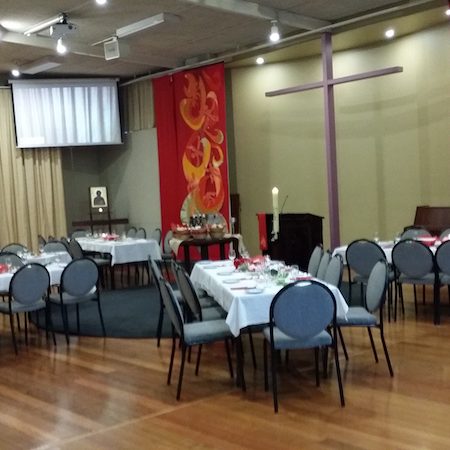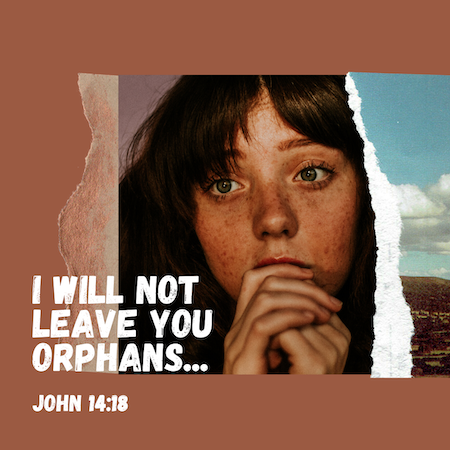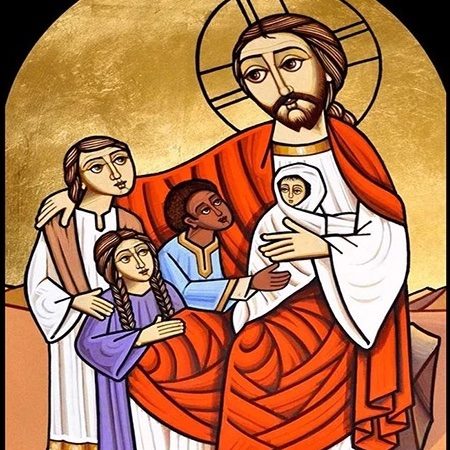In both the Christian church as well as the wider world, there is increasing division. Is there a way we can become genuine peacemakers in both church and world?
Sermons on Relationships
Even in the face of a catastrophic collapse of the world as we know it, God calls us to imagine and invest in a beautiful future.
The Christian understanding of God as Trinity is not so much something you have to make sense of, but a call to recognise that God is by nature relational, and that we are invited into the triune relationship of love.
The Church born when God poured out the Holy Spirit, is one in which barriers of ethnicity, language, sex, age, and social status are transcended and all are equal in Christ.
God is love, and so love is the only real measure of spiritual maturity or accomplishment.
Jesus calls us to embrace God, life, and one another with joy, delight, hope, and grace, not with heartlessness cloaked in legalities.
The measure of the value of our worship is the measure of the transformation of our lives into imitations of the love and kindness of Jesus.
God is most likely and able to work through those who accept their own weakness and don’t try to forcefully assert their own power and influence.
The Holy Spirit, poured out on the church, opens pathways of communication, breaking down barriers to enable us to communicate with one another and with God.
In order for men to step up and end the scourge of domestic violence, they need to experience themselves as loved and valued, liberating them to love others.
When we approach everyone with meet with the conviction that the one thing we owe them is love, Christianity will again be experienced as good news.
We are not alone or orphaned. The one who creates, loves, reconciles, shows us the way to truth, shows us the way into the future is an abiding presence with us.
Being a disciple of Jesus is not about changing behaviour, it’s about changing life! It’s about being changed at our very core so that our inner motivations and attitudes are transformed.
Jesus’s perplexing teaching on marriage and singleness calls us into a new network of relationships in which all are fully valued.
The Holy Spirit is breathing sacred life into all creation and continually working for the making sacred of all creation.
Living out the unity we have in Christ, is more difficult and more important when we are at odds with one another.
God’s kindness is exceptional, and we too are called to be courageous in exceptional kindness and loyalty.
The Kingdom of God can only be accepted the way a child welcomes a hug, not the way lawyers accept a divorce settlement.
There will always be people in the church you find difficult to get on with, and it is their presence that will really enable you to grow in your ability to love.
The more challenging life in this world becomes, the more opportunity for Christians like us to live out the love of God by loving our neighbours.


















